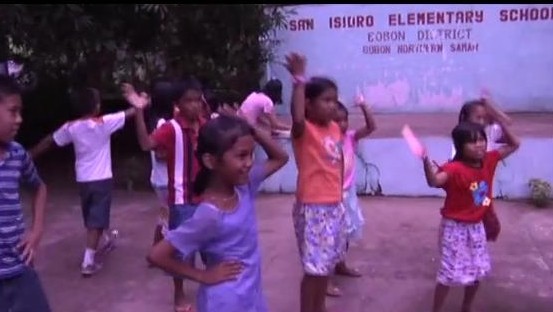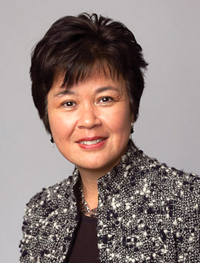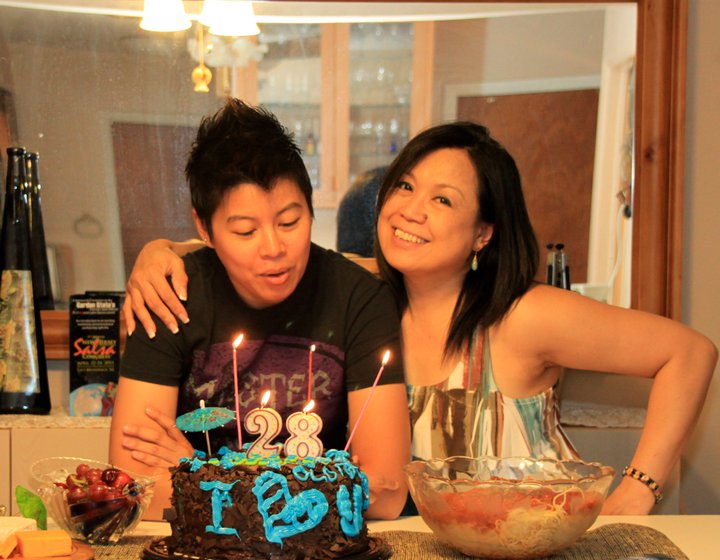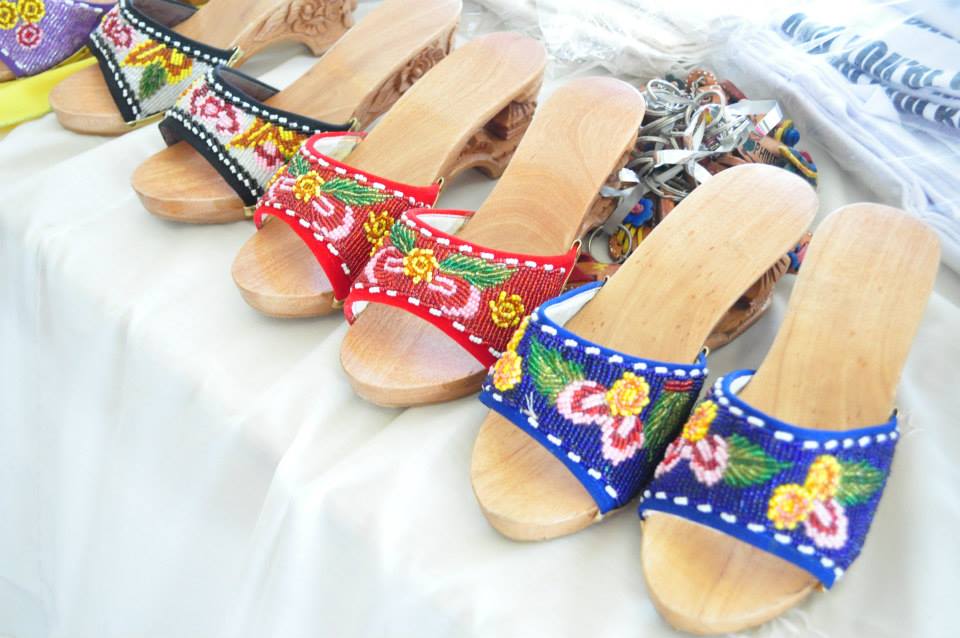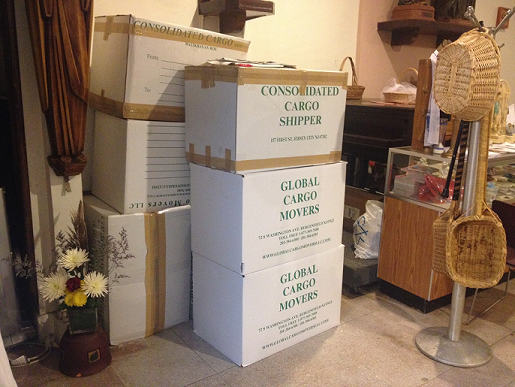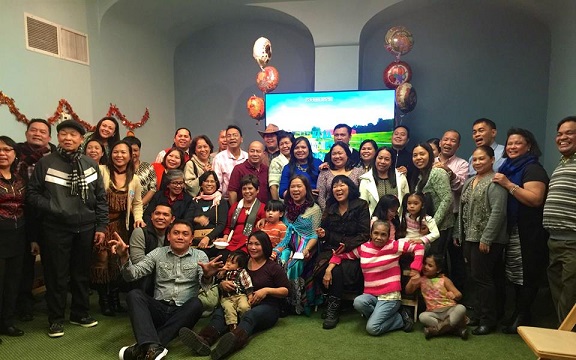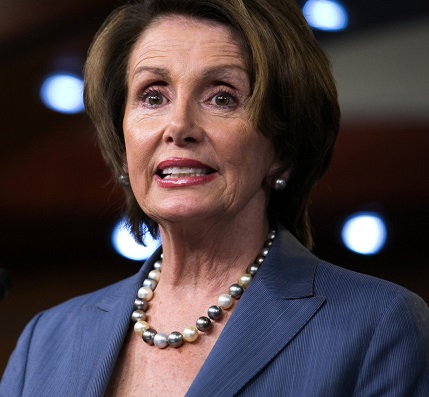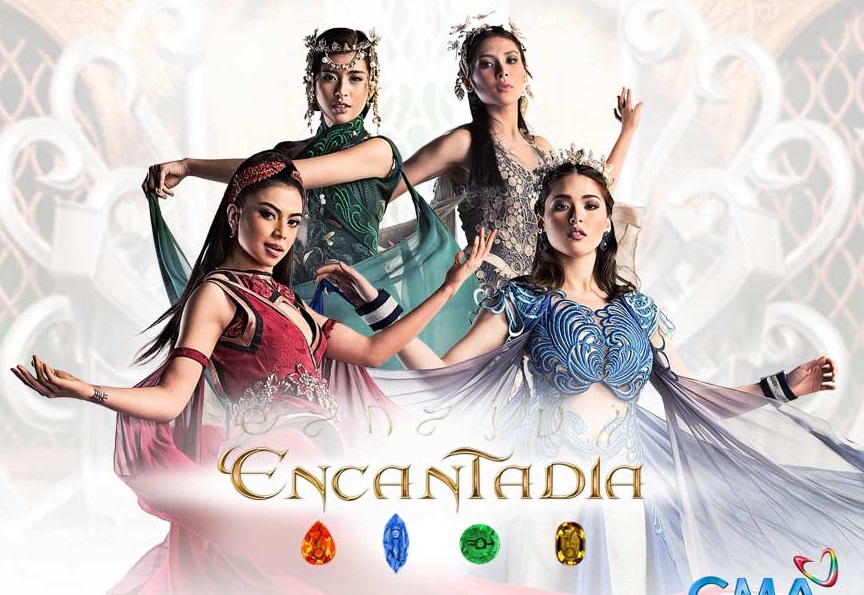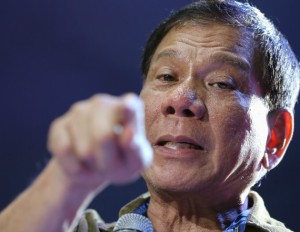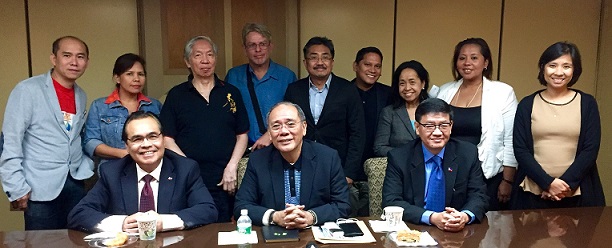Duterte spokesman appeals to FilAm media’s sense of patriotism, not to be adversarial
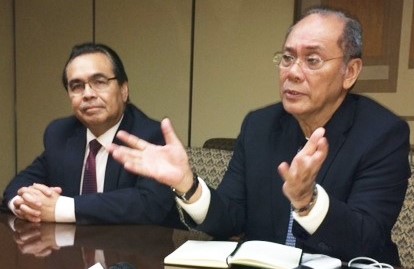
Presidential Spokesman Ernesto Abella (right): This former pastor was kidnaped by ‘ethnic bandits’ in the 1990s, his release secured by former Mayor Rodrigo Duterte. No ransom was paid. With him in photo is Consul General Mario de Leon Jr. The FilAm Photo
The invite was brief and to the point: “Presidential Spokesperson Ernesto Abella available for media… wants to get the pulse of the FilAm press.”
I confirmed for my online magazine, The FilAm. So did seven other colleagues representing various publications reporting out of the New York area. We all sat at the Philippine Center Boardroom filled with the excitement of not knowing what to expect.
Abella introduced himself followed by brief introductions from each of us. In next to no time, he asked for our views on the presidency of Rodrigo Duterte. “Ano bang dating niya sa inyo?”
Each of us spoke with frankness and also with deference. Our remarks touched on, among many issues, the controversial drug-related killings, the president’s attitude toward the international media and his thoughts on human rights and justice.
It was Abella’s turn to speak. He painted a picture of Rodrigo Duterte as a benevolent, fatherly leader, one who aspires to pursue the “common good,” the type of leader whose concern for every Filipino is “very personal” such that he is likely to ask questions like, Kumain ka na ba? Ang anak mo ba ay nasa iskuwela? Ok ka lang ba? Ok ba ang buhay mo?
His promise is for Filipinos to have a “comfortable life,” not a life of wealth, but one that is secure and orderly and allows them to go about their daily life without fear for their personal safety.
“That’s what drives him,” he said.
Like most fathers, he is strict, wants to restore discipline and have a fear of the law.
“Para siyang isang tatay,” he said.
Duterte has expressed dismay that discipline is a dying tradition and that there is a “whole generation of young people who seem to lack a sense of personal discipline.”
Whenever he speaks of the Philippines, Duterte goes as far back as the 1500s before the colonizers came and the country was divided into barangay units led by a datu. He likens the Philippines to a barangay where people had their own social culture and respect for their neighbor — “only bigger.”
Duterte respects human life, stressed Abella. Like any lawyer, he understands the concepts of rule of law and due process.
“He knows the boundaries of the law and operates within those limits,” he said. “He knows his parameters.”
He quotes Martin Luther King Jr. as someone Duterte admires, especially in the civil rights leader’s belief that “the arc of the moral universe is long, but it bends towards justice.”
Abella dismissed the term ‘extra-judicial killings or the ‘vigilante justice,’ said it is more accurate to call the bloodshed “internecine killings” committed by criminals in the drug underworld.
As a former pastor, Abella said he disagrees with some aspects of Duterte’s lifestyle — like the many women – but views him as a “truly spiritual” person.
“Walang siyang tinatagong kasalanan,” he said of his boss who had admitted to having a common-law wife and girlfriends on the side.
He said Duterte doesn’t care” about the international media, “is not afraid” of what is written about him. Later, he would qualify his statement to say that the President’s “priority” is the nation and that he takes seriously when the Philippines is being projected as too closely affiliated with one country.
“Gusto niya na hindi tayo sunud-sunuran (to one country),” said Abella. Duterte wants that the Philippines be seen as following its own independent course “on our own terms.”
In closing, Abella appealed to the media’s sense of patriotism, urging them “not to be adversarial.” He wished to see, he said, the FilAm media being one with the country — “makiisa sa bayan.”

